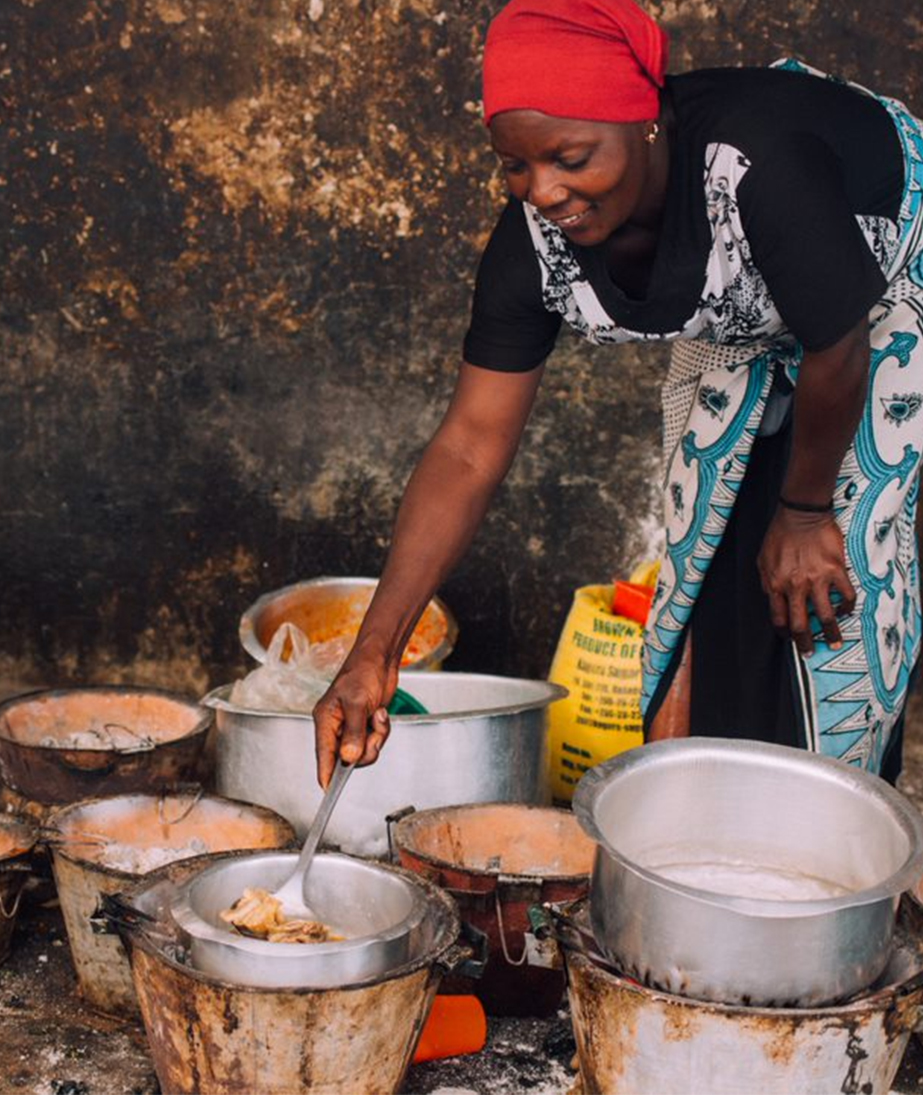Policies developed or strengthened
Our global economy is complex and interconnected, and our work directly carries over from the local and into the larger spaces of governance and public policy. To truly address global issues, we need local solutions and that means reforming policies or strengthening legal frameworks to better support the communities in which we work.
The issues and challenges the COVID-19 crisis amplified, stem from problems we have tackled for decades around the world – equitable health care, more resilient supply chains, and education provision for hard-to-reach communities. But as leaders seek to create environments and economies in which their citizens thrive, public policies must be put in place to meet this new world and build a better one.
Our more than 3000 dedicated staff are based in over 90 countries worldwide with the vast majority living and working within the communities we support. Our local teams understand the unique environments and cultures in which they work, and can foresee the consequences, both intended and unintended on citizens, of a policy response in the midst of a rapidly shifting crisis.
From building relationships with local authorities and providing technical and advocacy support to developing more inclusive, flexible regulations and strategies, our focus is on enacting lasting change and establishing the frameworks that support and enable a more resilient future.
CASE STUDY
Tanzania Institutions for Inclusive Development (I4ID)
Location: Tanzania Client: Foreign, Commonwealth & Development Office (FCDO)
In Tanzania, Institutions for Inclusive Development (I4ID) proved that building multi-stakeholder coalitions, encouraging inclusive processes, and working with local governments and civil societies can lead to real impact.
Across the country, we delivered policy changes and impact in the education sector, menstrual health market, and urban development, working through complicated political environments and, in many cases, where efforts had failed in the past.
From catalysing government commitment and education spending to support the country’s deaf community, to piloting new technology for utilities management and providing clean water to millions, increasing solid waste management services to 50,000 low-income residents, and enhancing access and affordability of menstrual health products for over 200,000 poor and rural women and girls, I4ID demonstrated the power of collective action.

